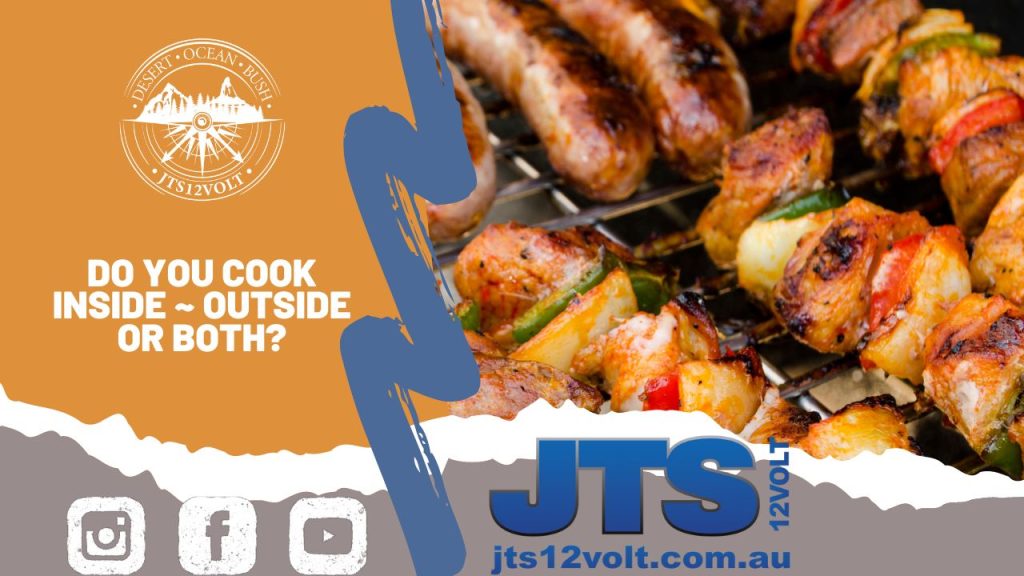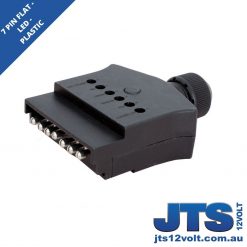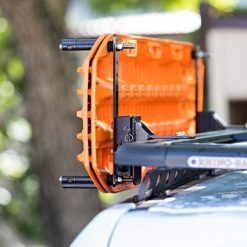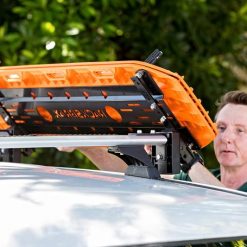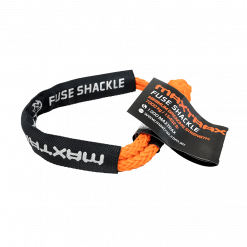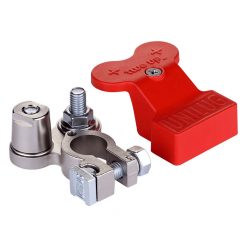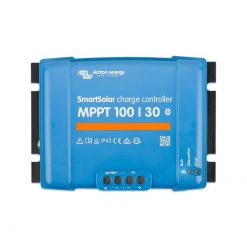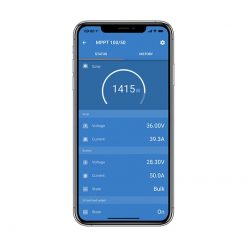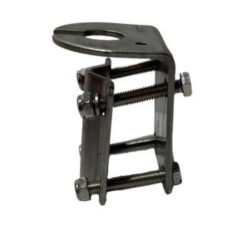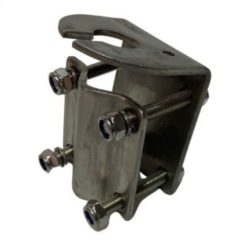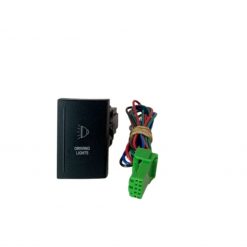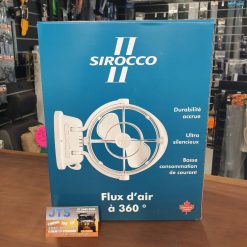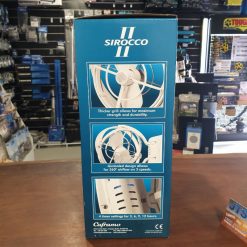Guide
How do you cook when camping?
Cooking when camping can be a fun and rewarding experience, but it requires some planning and preparation. Here’s a general guide on how to cook when camping:
1. Choose your cooking method:
- Campfire: If allowed and safe, cooking over an open flame can be a traditional and enjoyable way to cook while camping. You’ll need a campfire ring or designated fire pit.
- Camp stove: Portable camp stoves are convenient and allow for precise temperature control. They run on various fuels such as propane, butane, or white gas.
- Backpacking stove: These are lightweight and compact stoves designed for backpacking. They’re ideal for solo or small group camping. We use the JETboil system which is compact, lightweight and you can get the gas canisters in most stores.
- Dutch oven: If you have the equipment and want to try more advanced camp cooking, a Dutch oven can be used to make a wide range of dishes.
- Induction: Noting that you do need a decent 12v power system to get the most from your induction cooker. Induction is perfect for when the weather turns bad and you are needing a way to cook with the wind or rain.
2. Gather your cooking gear:
- Cooking utensils: Bring pots, pans, and utensils suitable for camp cooking. Look for lightweight and durable options. Don’t forget the tongs and egg flipper, those items we regularly have to purchase whilst out, always forgotten.
- Cooking fuel: Ensure you have enough fuel for your chosen cooking method, whether it’s canisters of propane, fuel for a camp stove, or firewood.
- Fire-starting tools: If you’re using a campfire, bring matches, a lighter, or fire starters to ignite the fire safely. Another cool fire starter is pumice stone in a small container with diesel, the diesel gets soaked into the stone & you can reuse again over and over just by putting back in the container with the diesel. Just remember to grab it out of the fire place once all cooled.
- Fridge or food storage: Keep perishable foods in a fridge prevent spoilage.
- Eating and serving utensils: Don’t forget plates, bowls, cups, and cutlery.
- Cleaning supplies: Bring biodegradable soap, a sponge or scrubber, and a washbasin for cleaning dishes. Don’t forget the tea towel to dry. Quick hint for ease of washing up. Grab a spray bottle and place around 1cm of dishliquid in the bottom & fill with water. Once finished cooking give the pans etc a quick spray and while you are eating the degreaser will help with washing up later. Less time at the sink!
3. Plan your meals:
- Prep at home: Prepare some of your food at home to save time at the campsite. Chop vegetables, marinate meat, or pre-mix ingredients for meals. You can also pre-cook meals and do a “dry run” to make sure you have all the goodies to take with you & it will taste great whilst away.
- Pack non-perishables: Bring foods that won’t spoil quickly, such as canned goods, dry pasta, rice, and dried fruits.
- Store food properly: Keep perishables in a fridge and separate raw meat from other foods to prevent cross-contamination. You can also ask your local butcher if they can cryovac your meat. It will help it last longer & aids with storing in the fridge, no container needed.
4. Cooking techniques:
- Boiling: Use a pot and camp stove to boil water for pasta, rice, and instant meals.
- Grilling: If you have a campfire or grill grate, you can cook meat, vegetables, and even toast marshmallows.
- Frying: Use a pan to cook eggs, bacon, and other items over a camp stove.
- One-pot meals: Simplify cooking by making one-pot meals like chili, stew, or stir-fry.
5. Campfire safety:
- Follow all fire safety rules and guidelines for the area you’re camping in.
- Never leave a campfire unattended, and fully extinguish it before leaving.
- Use a designated fire ring or pit if available.
- Be cautious with flammable materials, especially in dry or windy conditions.
6. Clean up:
- Dispose of food scraps and trash properly, following Leave No Trace principles.
- Clean your cooking gear and utensils with biodegradable soap and water, then rinse thoroughly.
- Pack out all trash and leftovers.
Remember to check the specific rules and regulations for the campground or wilderness area where you’re camping, as some places may have restrictions on campfires or specific cooking requirements. Always prioritise safety and leave nature as you found it by practicing responsible camping and cooking techniques.
If you are planning on using induction as a cooking method and wonder if your system is able to cope with extra draw, give us a call here at JTS12Volt and we can assist in checking if your system can do what it needs plus more.

